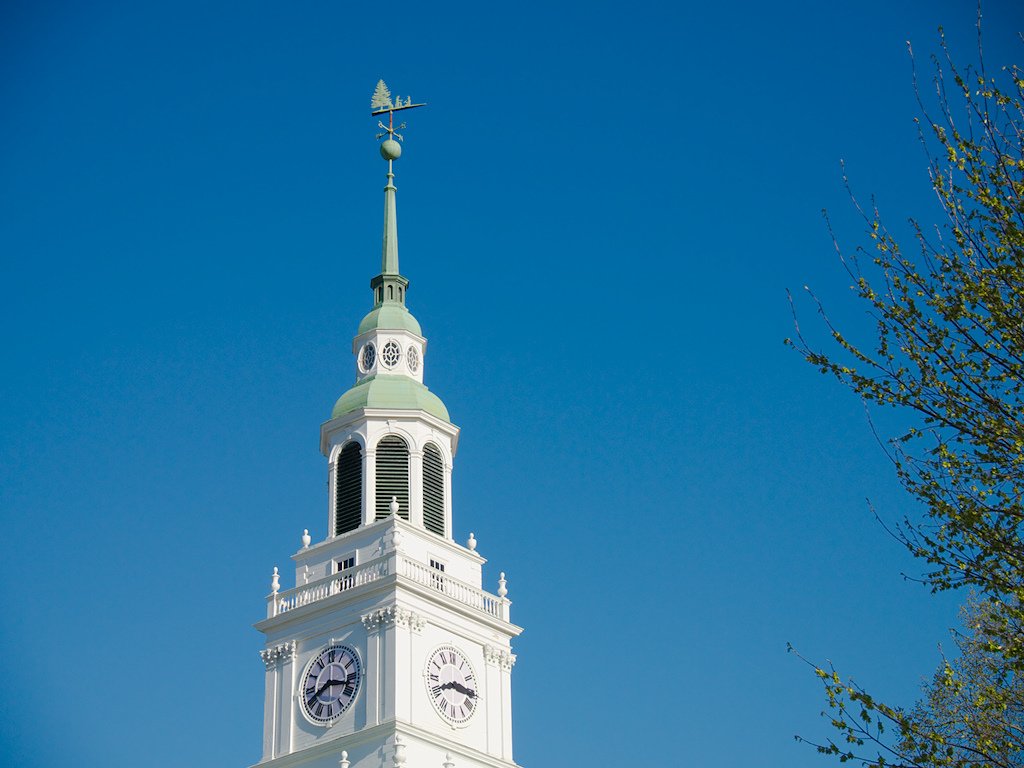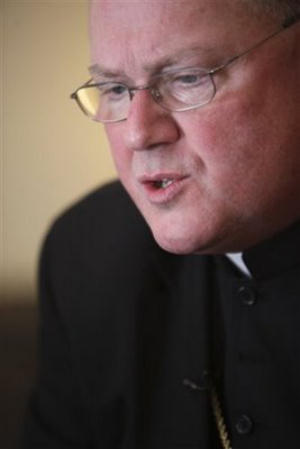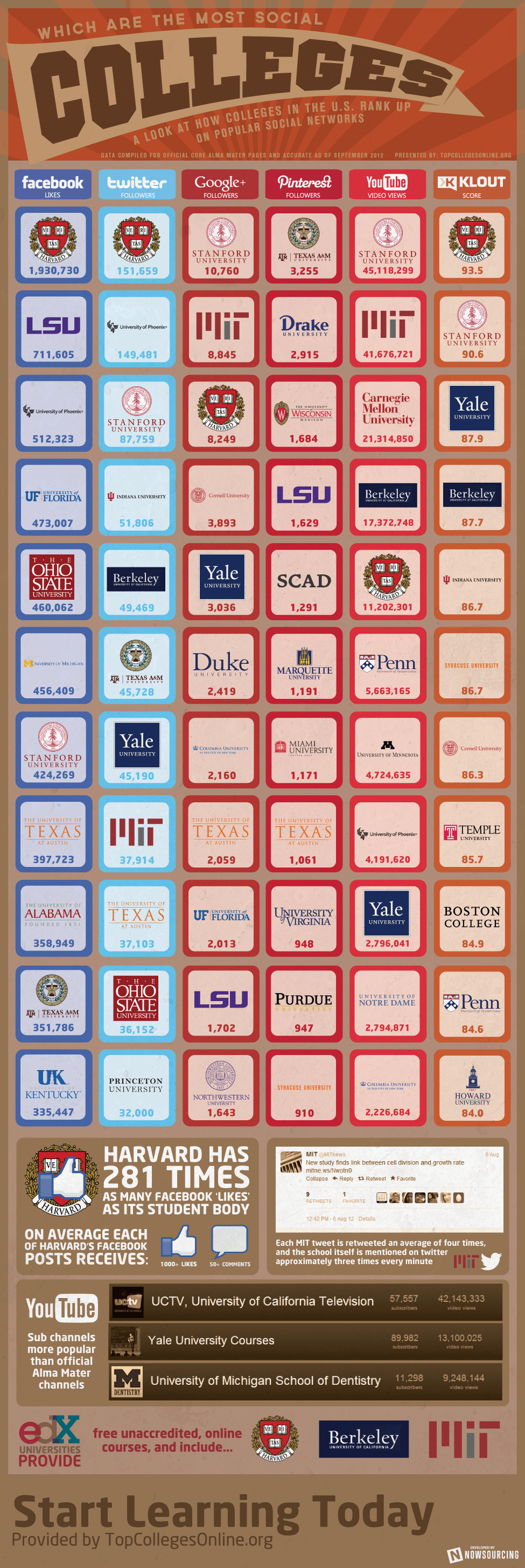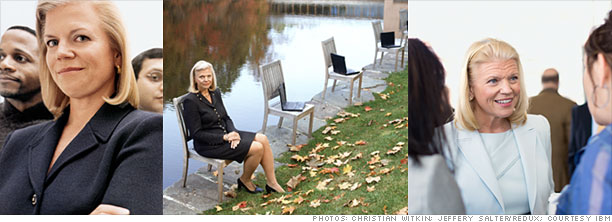The Princeton Review ranked the Northeastern University School of Law as having the most liberal law students, in its 2013 edition of the “Best 168 Law Schools,” which was released last week.
The Princeton Review surveyed 18,000 students attending the 168 law schools to decide a number of titles, including the schools with the “best professors,” “best classroom experience,” and “best career prospects.”
To determine whether a school was liberal or conservative, students were asked the following question, “If there is a prevailing political bent among students at your school, how would you characterize it?” Answer choices were: very liberal, liberal, middle of the road, somewhat conservative, very conservative. The Vermont Law School came in second, and American University ranked third. The Ave Maria School of Law in Florida was named the law school with the most conservative students.
Among other rankings by the Princeton Review, Simmons College offered the best opportunities for women among business schools. The Massachusetts Institute of Technology business school ranked the toughest to get into. The Yale Law School (not Harvard) ranked as the toughest law school to get into.
Liza Hays, a third-year student at the Northeastern School of Law, said she used to work for MoveOn.org, a public policy advocacy group that is considered very liberal. But at Northeastern, she leans to the right.
“I feel conservative at Northeastern,” Hays said. “And in the general population I’m liberal.”
Daniel Medwed, who teaches criminal law at Northeastern, said he has taught at two other law schools, one in New York and the other in Utah, and that Northeastern students are by far the most progressive.
“[It’s] really refreshing and exciting as a teacher,” he said.
Medwed said at his previous schools there were “pockets of progressive students,” and he is pleased with the number of forward thinking students at Northeastern who care deeply about public interest law. Many of his students are interested in pursuing careers in the non-profit world, he said.
“What’s wonderful about Northeastern and what attracted me to work here is the public service aspect,” Medwed said. “A large number of students are committed to serving the public interest.”
Audai Cote, who is originally from Revere, said the political bent at the Northeastern School of Law is reflective of Massachusetts in general, he said.
“It’s almost a smaller representation of Boston,” said Cote, who is a first year student.
Cote said he is socially liberal but fiscally conservative, and that he usually does not talk politics while at school. He thinks the Princeton Review ranking is strongly tied to the substantial number of LGBT students at Northeastern.
Sarah Young, a third-year student, agreed.










